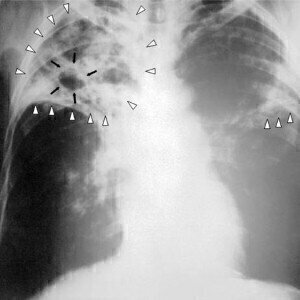News & Views
Autism Finding Could Lead to Simple Urine Test
Sep 03 2010
Children with autism have a different chemical fingerprint in their urine than non-autistic children, according to new research* carried out at Imperial College London and the University of South Australia. Findings suggest that a simple urine test might provide a way to determine whether or not a young child has autism, which would enable them to receive assistance, such as advanced behavioural therapy, earlier in their development than is currently possible.
Autism affects an estimated one in every 100 people in the UK. People with autism have a range of different symptoms, but they commonly experience problems with communication and social skills, such as making conversation and eye contact and understanding other people’s emotions. People with autism are also known to suffer from gastrointestinal disorders and they have a different makeup of bacteria in their guts from non-autistic people.
The research shows that it is possible to distinguish between autistic and nonautistic children by looking at the by-products of gut bacteria and the body’s metabolic processes in the children’s urine. The exact biological significance of gastrointestinal disorders in the development of autism is unknown.
Professor Jeremy Nicholson, the corresponding author of the study, who is the Head of the Department of Surgery and Cancer at Imperial College London, said: "We hope our findings might be the first step towards creating a simple urine test to diagnose autism at a really young age, although this is a long way off - such a test could take many years to develop. We know that giving therapy to children with autism when they are very young can make a huge difference to their progress. A urine test might enable professionals to quickly identify children with autism and help them early on," he added.
The researchers are keen to investigate whether metabolic differences in people with autism are related to the causes of the condition or are a consequence of its progression.
Digital Edition
Lab Asia 31.2 April 2024
April 2024
In This Edition Chromatography Articles - Approaches to troubleshooting an SPE method for the analysis of oligonucleotides (pt i) - High-precision liquid flow processes demand full fluidic c...
View all digital editions
Events
Apr 28 2024 Montreal, Quebec, Canada
May 05 2024 Seville, Spain
InformEx Zone at CPhl North America
May 07 2024 Pennsylvania, PA, USA
May 14 2024 Oklahoma City, OK, USA
May 15 2024 Birmingham, UK


















